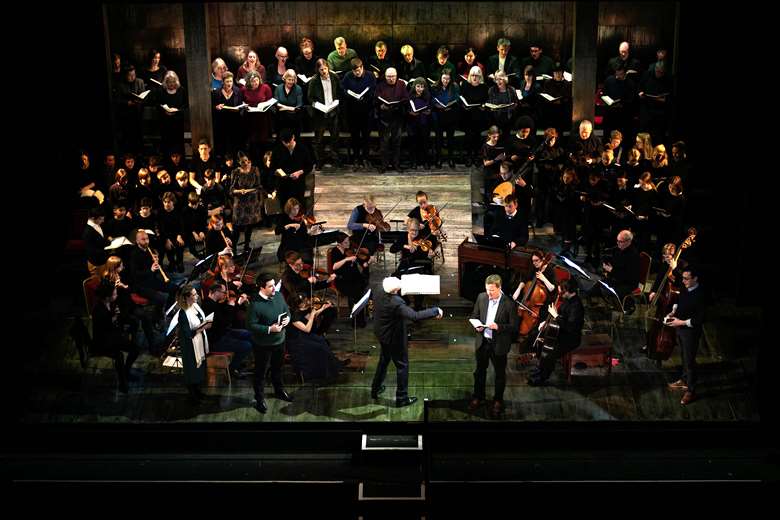The Long View | Whose responsibility is diversity?
Andrew Mellor
Thursday, September 23, 2021
The madness of the ETO orchestra debacle is what results when stretched organisations are put in impossible situations


Register now to continue reading
Don’t miss out on our dedicated coverage of the classical music world. Register today to enjoy the following benefits:
- Unlimited access to news pages
- Free weekly email newsletter
- Free access to two subscriber-only articles per month